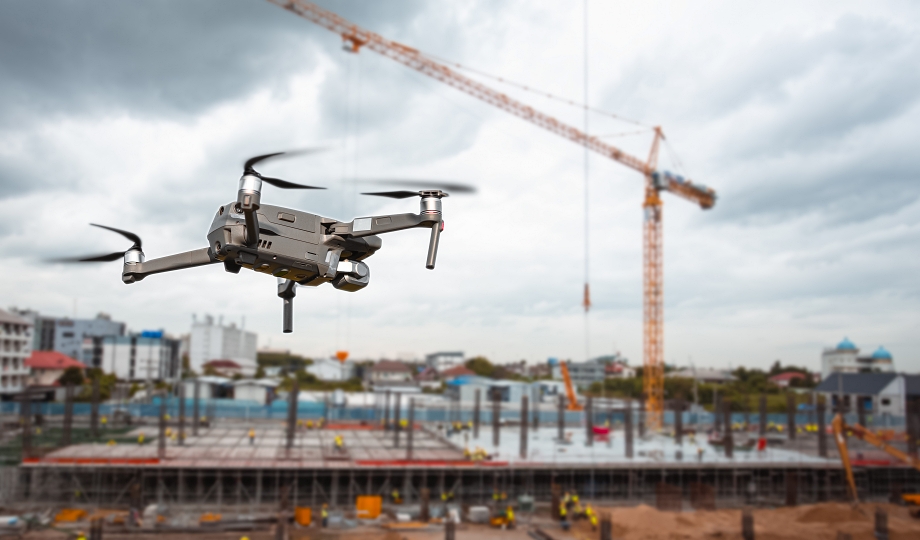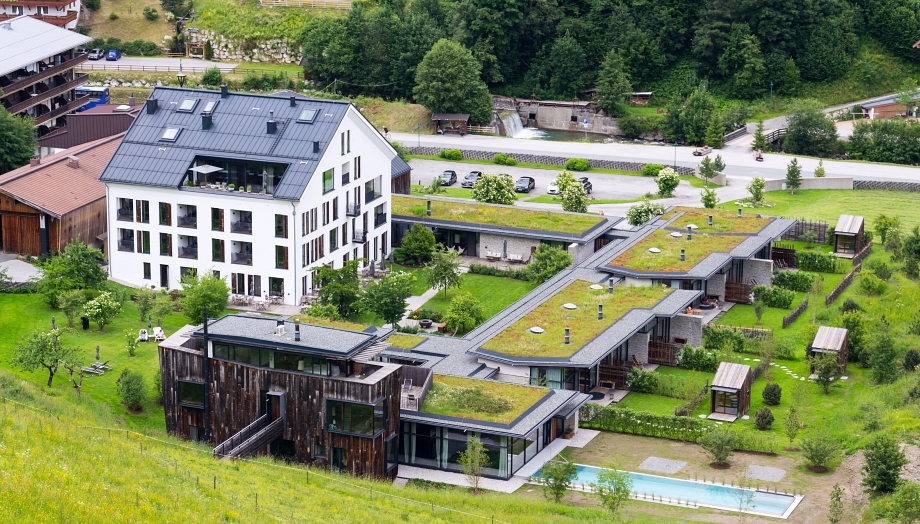Construction Management In The Age Of Drones And Site Digitization

Drones and site digitization are revolutionizing the construction industry in bold ways. They provide construction managers with efficient and accurate ways to collect data, monitor progress, and manage projects. Drones, […]
Building Smart Cities: How Digital Transformation Is Revolutionizing Construction

Digital transformation in constructing resilient, smart cities involves using modern technology programs to improve efficiency, productivity, and safety. It is used across all stages of a project, from design and […]
Innovating For A Greener Future: How Construction Management Is Shaping Eco-Friendly Infrastructure

Today’s construction management is shaping eco-friendly infrastructure by incorporating sustainable practices. They include renewable energy, energy-efficient materials, and waste reduction to minimize environmental impact and promote resource conservation. Contact ITI […]
Construction Management Careers In The Age Of Infrastructure Investment

The Infrastructure Investment and Job Act (IIJA) of 2021 has created a significant demand for construction managers and workers. The demand is expected to continue into the next decade as […]
How Modular Construction Is Disrupting The Industry
Today’s construction industry is very competitive and faces some formidable challenges. One of the ways the industry is coping with the challenges and needs is by using modular construction methods. […]
Construction Managers And Climate Change: Building A Sustainable Future

There is a worldwide need to build a sustainable future for all walks of life. Construction managers play key roles in reducing the climate impact of construction projects. They do […]
The Rise Of Smart Construction: What It Means For Management Roles

Construction companies regularly look for ways to work more effectively and efficiently. Smart construction is the answer they need to achieve these goals. By applying advanced digital technologies and software, […]
Innovative Materials In Modern Construction

Innovative construction materials are welcomed by the industry due to high costs and shortages of conventional building materials. Many of these new products draw upon resources that are available in […]
How To Manage Construction Projects In Urban Environments

Construction projects in urban environments can be managed effectively by following current local coding guidelines. Projects can be completed with minimum disruption to the surrounding community to ensure project success. […]
The Impact Of BIM (Building Information Modeling) On Construction Projects

Building Information Modeling (BIM) plays a crucial role in advanced sustainable construction. It helps optimize building designs for energy efficiency, reduce waste materials, and minimize the carbon footprint. It is […]




